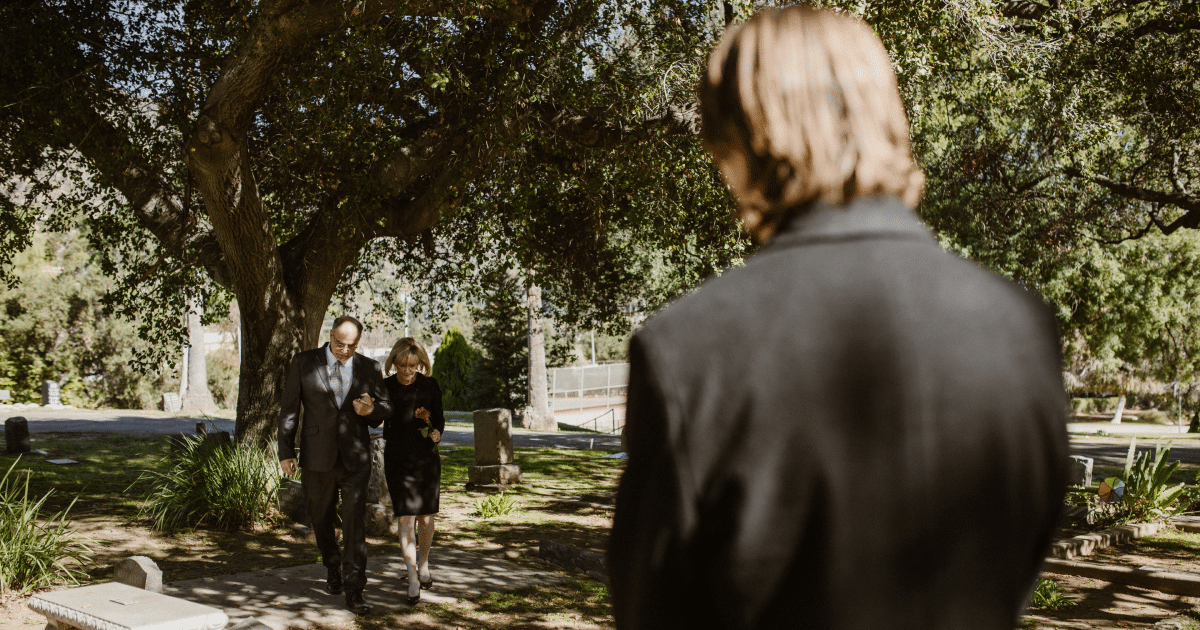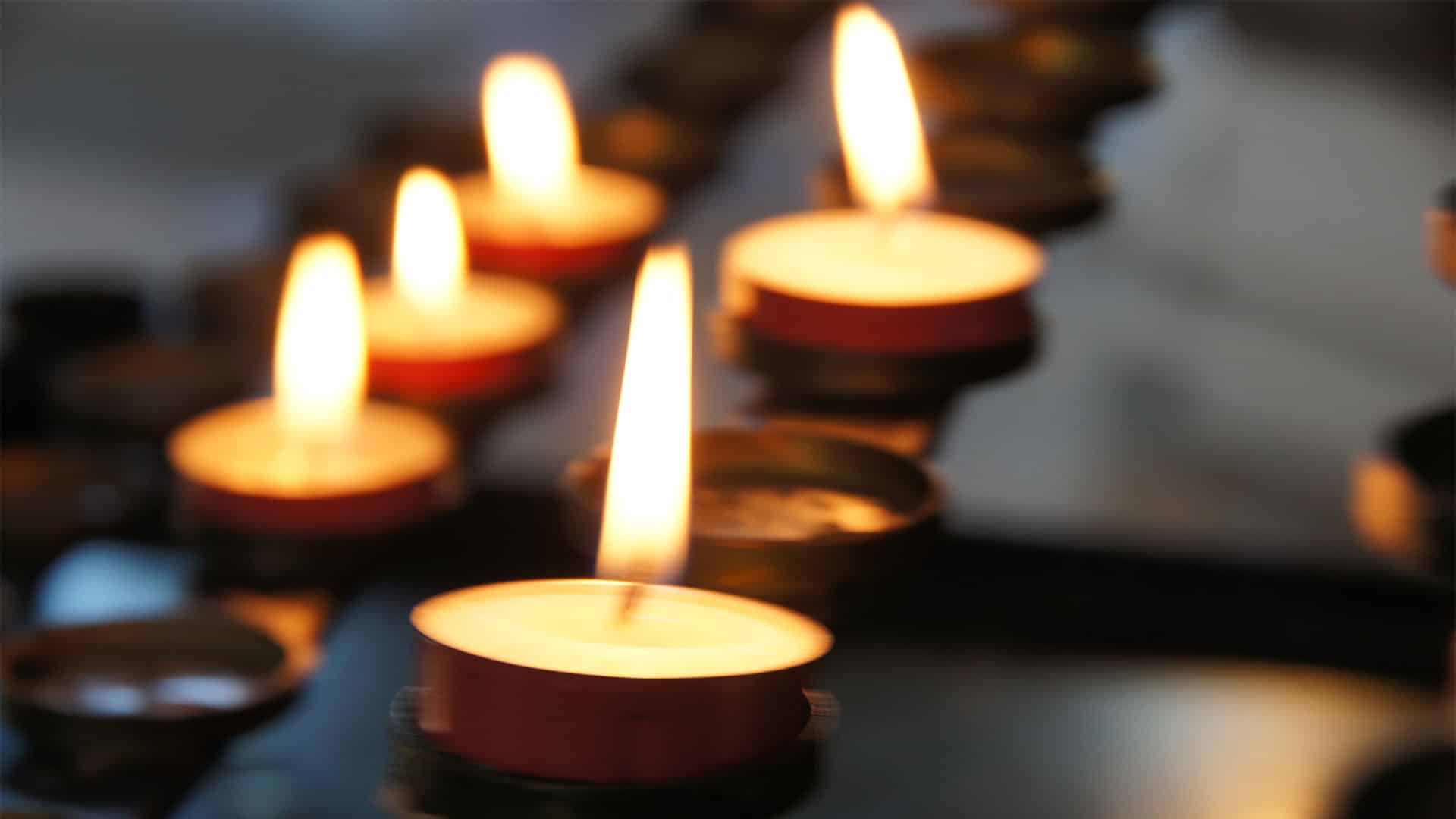
Talking about your own passing, or that of a loved one can be emotional and difficult to do. You might find yourself struggling to find the right time or end up avoiding the topic altogether, but it’s important to talk about your wishes with your loved ones.
Often families will realise too late that they do not really know what would have been wanted in the event of someone’s passing, the conversation unspoken because it was too sad or unpleasant to contemplate. But the decision of whether the deceased would have liked a religious or non-religious ceremony, or if they would have wanted a burial or cremation, is suddenly very pertinent and loaded with potential missteps.
We all want to think we know those closest to us, but, most of us are in the dark when it comes to the send-off our loved ones would want.
Take the time to talk to your family and friends
Making the decision and time to talk about what sort of funeral you would like in the event of your passing is the only way to ensure your family and friends know what to plan on your behalf.
Regardless of your age, it’s never too early to start the conversation about death and funerals – unfortunate as it is, none of us know what is around the corner.
However, not everyone is ready or able to talk about it, so if you’re in that position why not write down your thoughts instead?
How to discuss or write down your wishes
When someone passes away it can be a whirlwind of decision-making, grief and stress. If you have had the opportunity to discuss final wishes with them ahead of time, then it can help alleviate some of that for them. This can be done informally with a letter, though this isn’t legally binding. If you want your wishes to be adhered to precisely then you will need a will drawn up by a solicitor.
The first decision is always financial. Consider how your funeral will be paid for – are you going to leave a contribution towards the cost yourself or do you have a funeral plan or life insurance in place?
Make sure to store your requests somewhere secure, such as a safe or with a legal firm, and tell someone you trust where they are.
Start with the basics, simple preferences, for example:
- Would you like a burial or cremation?
- Do you want a religious or non-religious funeral?
- Will you want a gathering or wake after the funeral?
If you don’t have any strong feelings about the rest of the ceremony make it clear the rest is up to the people who end up planning it, and that they’re free to do what they feel is right.
However, if you would like a plan that further reflects your own wishes, you could consider:
- Funeral songs or hymns that have special meaning to you, or if you’re not religious, you could choose some favourite songs.
- Any stories or milestones you would like mentioned in your eulogy
- Poems, words or readings that you hold dear
- The attire you want attendees to wear, such as all black or colourful.
For more information and advice see our Bereavement Support page.



